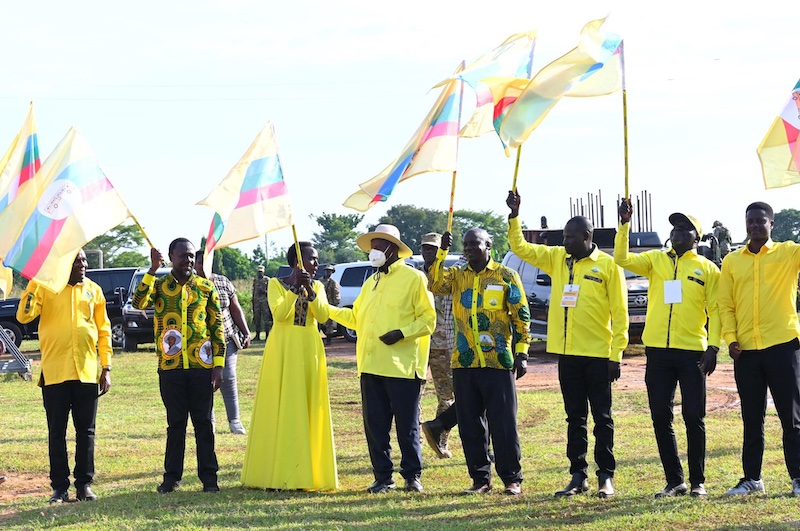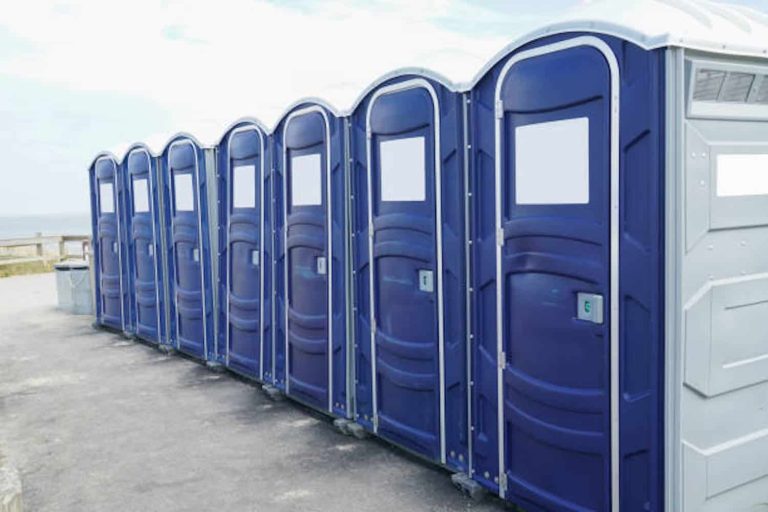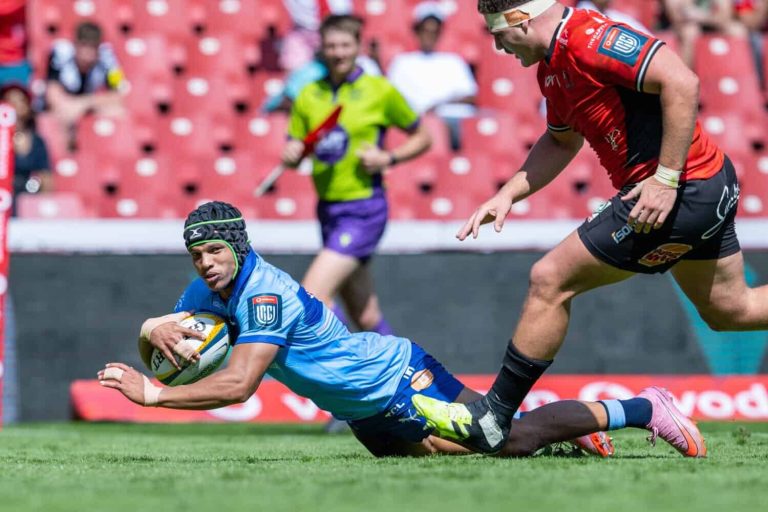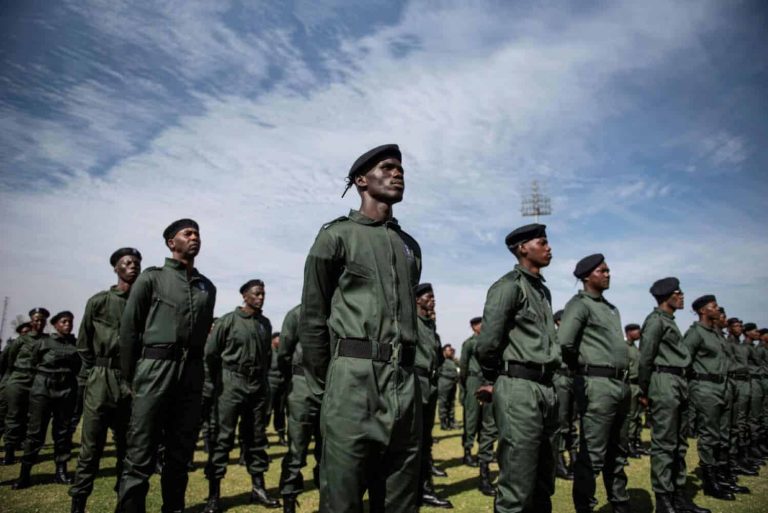
In a press statement issued to the media dated October 21, 2025 and signed by the chairperson of the Electoral Commission, Justice Simon Byabakama Mugenyi, he communicated his commitment to update Ugandans on various activities being undertaken, under the 2025/2026 general elections road map.
He named the dates for nomination of candidates for the parliamentary elections 2026. Accordingly, the dates for nominations were Wednesday, October 22 and Thursday, October 23, 2025. In the same communication, he listed the elective positions to parliament, citing Article 61(2), of the Constitution of the Republic of Uganda.
Those listed are directly elected members of parliament, district women representative to parliament, representative of older persons to parliament, representative of persons with disabilities to parliament, representative of workers to parliament and representative of youth to parliament.
In a separate media report, it was said that more than 500 persons were cleared to contest the parliamentary seats countrywide. On November 10, 2025, the different candidates took to the podium to sell their manifestos for both new contestants and those seeking to retain their positions.
To this point these are the easier questions answered. And now we turn to the more difficult questions. Nearly two decades ago, political scientist Prof Yasin Olum warned that “the north remains ignored by decision-makers in Kampala.”
His words, spoken amid the long shadow of war and displacement, have echoed across Uganda’s post-conflict years. The “Northern question” — shorthand for the region’s political, social and economic marginalisation — became one of the most enduring debates in Uganda’s public life.
Today, the guns have fallen silent. The roads are tarred, schools rebuilt, and a generation of young leaders from the North now occupies the green seats of the parliament of Uganda. Yet the deeper question remains: can these MPs — from Gulu to Arua, Lira to Kitgum — re-contact the soul of the nation and turn their representation into real transformation?
OLUM’S WARNING: FROM MARGINS TO MEANING
In his academic writings and public commentary, Prof Olum described Uganda’s “Northern question” as a product of structural exclusion. He saw a political economy that concentrated power, resources and decision-making in the Central region while rendering the North politically peripheral.
His key arguments were bold and uncomfortable:
* The North’s marginalisation was not merely geographic, but institutional — rooted in who controls the state and its budgets.
* Decentralisation, originally meant to bring power closer to the people, had become a tool of central dominance.
* Ethnicity and history were used to mask the real issue: unequal access to political and economic capital.
* Uganda, he argued, needed “a shared national psyche” — a re-imagined sense of belonging where all regions see themselves as co-authors of the national story. If this was the diagnosis, the prescription was clear: structural reform and genuine representation.
Two decades later, the question is whether those occupying parliament’s benches or those seeking new mandate from the North have delivered or could deliver. The 11th Parliament has the highest numbers of northern MPs in the country’s history.
The Northern Uganda Parliamentary Forum (NUPF) aka Greater North Parliamentary Forum (GNPF), which brings together legislators from Acholi, Lango, West Nile and parts of Teso, boasts over 100 members. In numerical terms, this should be a powerful bloc.
Records indicate that the forum was set up to provide a non-partisan platform for MPs from Uganda’s Greater North (Acholi, Lango, West Nile, Teso, Karamoja and neighbouring conflict-affected areas) to coordinate oversight, lobby for recovery and development, and promote reconciliation after conflict years.
It was established in May 2008, and functions as a parliamentary forum open to MPs from these sub-regions and associated MPs from outside. Yet power is not only in numbers — it is in coordination. An internal review by a parliamentary analyst (2024) found that while northern MPs occupy committee positions — including on Budget, Agriculture, and Infrastructure — there is little evidence of a unified regional agenda.
The NUPF’s activity is sporadic, often reactive to crises such as land evictions, poor service delivery, or youth unemployment. In interviews, several MPs admit the challenge.
“We have the numbers, yes; but no strategy,” says one legislator from Lira. “Each of us is fighting for our own district allocation. We need a common development plan.”
This fragmentation directly echoes Olum’s critique: representation without agency. The North may now be inside the corridors of power, but not necessarily in control of them.
From the Peace, Recovery and Development Plan (PRDP) to the current Parish Development Model (PDM), the policy disconnect in policy after policy has promised to heal the North’s scars.
Yet the outcomes have been mixed at best. Data from the ministry of Finance’s 2023 budget report shows that Northern Uganda still ranks lowest in per capita income, agricultural productivity, and access to financial services.
In several districts, PDM funds remain unspent or mismanaged, with oversight committees citing poor planning and corruption. The MPs, who should be the region’s watchdogs, have often been silent or divided along party lines.
“When Prof Olum talked about voice and representation, he meant exactly this,” says political analyst Dr. Susan Abola of Gulu University.
“Our MPs are in parliament, but not in the policy conversations that matter most to their voters.”
A few exceptions stand out: MPs from Arua and Kitgum have led motions on regional industrialisation and youth employment; others have pushed for inclusion of northern districts in the oil and energy corridor. But these efforts remain isolated — not the coordinated push Olum envisioned.
THE LEGACY OF WAR: LAND, TRAUMA AND LOST TIME
Part of the difficulty lies in the complex legacy of the region’s past. Decades of conflict left behind fractured institutions, land disputes and a youth population still struggling to find identity and opportunity.
Land, in particular, remains the most explosive issue. MPs face conflicting pressures between customary ownership, investor interests and government land policies. Efforts to pass a uniform land reform have stalled due to lack of regional consensus.
A case in point: recently 300 Balaalo cattle-keeping pastoralists dragged the government to the High Court in Kampala challenging eviction orders in Northern Uganda (West Nile and Acholi sub-regions) under executive order number 03 of 2023 (and related orders).
In the Aswa ranch and customary land case in the Acholi sub-region (Lamwo and Pader districts), a case was brought by the Acholi Cultural Institution and ten legislators against the government concerning the alleged illegal extension of boundaries of Aswa ranch (a state parastatal estate) which is claimed to cover large areas of customary land without due process.
Meanwhile, youth migration from the North to the Gulf states continues at alarming rates.
“We are exporting the same generation that should rebuild the region,” laments a local leader from Kitgum.
Prof Olum’s argument that the Northern question is not simply historical but structural seems validated. The North’s constraints persist not because of lack of peace, but because peace was not followed by political and economic justice.
INSIDE PARLIAMENT: BETWEEN LOYALTY AND LIBERATION
Uganda’s parliament, in theory, is a platform for regional advocacy. In practice, party discipline and executive dominance often mute independent voices. Many northern MPs belong to the ruling National Resistance Movement (NRM), and face a dilemma between regional conscience and political survival.
“You cannot shout too loudly about inequality without being branded opposition,” admits one NRM MP from Teso.
“We try to lobby quietly.” Opposition MPs, on the other hand, are often isolated from committee influence and funding channels. The result is a muted regional voice across the aisle. Olum warned against exactly this kind of institutional design — one where formal democracy exists but structural hierarchies persist.
His call for “inclusive governance” remains largely unmet. Still, the situation is not hopeless. The North’s MPs retain powerful tools that, if coordinated, could begin to alter the narrative.
For example, MPs can use committee power to demand equitable resource distribution — especially for PDM, agriculture and infrastructure; Northern MPs can link up with South Sudan and DR Congo border initiatives to attract cross- border investment; Reviving the NUPF/ GNPF as a non-partisan development think-tank could give the region a united policy voice and holding constituency forums and reporting back to voters would rebuild trust and ownership.
In short, if the North’s leaders turn parliament into a space for coordination, not competition, they can begin to rewrite the narrative from marginalisation to agency. In Gulu’s Pece division, vegetable trader Sarah Akena laughs when asked whether she feels represented in parliament.
“They come here during campaigns, and then disappear into Kampala. We don’t know what they do there,” she says. Her sentiment captures a widespread disillusionment. Many citizens equate representation with absence — the sense that their MPs operate in a distant theatre detached from their daily struggles.
This disconnection undermines the very “national psyche” that Olum called for. Without a sense of shared ownership between people and leaders, the Northern question will remain less about who sits in parliament and more about who feels heard in Uganda.
A NEW NATIONAL ETHOS: BEYOND VICTIMHOOD
To move forward, Northern MPs — and indeed the region’s wider leadership — must reframe the discourse. The North should no longer be seen only through the lens of recovery, aid, or grievance, but as a potential hub of innovation, trade and agriculture.
The Acholi sub-region already exports high-quality shea butter; West Nile is a gateway to the Congo and South Sudan; Lango’s education sector is reviving; and Teso’s agro-industrial projects are expanding.
What is missing is a coherent narrative and coordinated political action to connect these successes into a shared regional vision. In this sense, Olum’s call for a national ethos — a collective story of belonging and contribution — still rings true. Parliament should be the place where that ethos is forged, not forgotten.
Olum diagnosed the Northern question as a failure of governance, representation and imagination. The North, he argued, was trapped in a system that spoke democracy but practiced exclusion. Today’s generation of MPs stands at a crossroads.
They hold the mandate, the numbers and the historical responsibility to redefine what the North means in Uganda’s political imagination.
Whether they will use that power to transform their region or simply inherit its frustrations remains the unanswered question.
The author is a policy analyst and development researcher focusing on governance, conflict transformation and rural development in Uganda.



